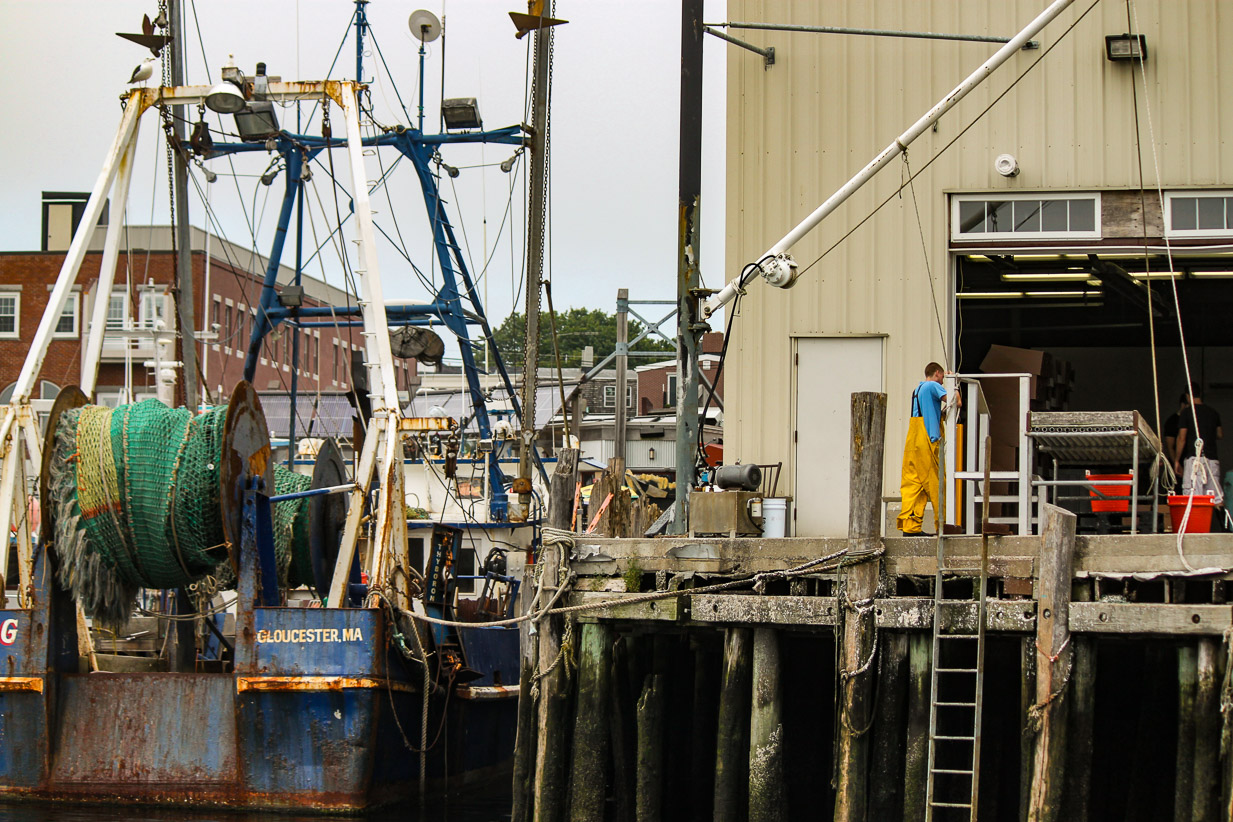

 ©Bonnie LaBelle
©Bonnie LaBelle
Chapter 26:15-21 (ESV) - “Thus says the Lord God to Tyre: Will not the coastlands shake at the sound of your fall, when the wounded groan, when slaughter is made in your midst? Then all the princes of the sea will step down from their thrones and remove their robes and strip off their embroidered garments. They will clothe themselves with trembling; they will sit on the ground and tremble every moment and be appalled at you. And they will raise a lamentation over you and say to you,
“‘How you have perished,
you who were inhabited from the seas,
O city renowned,
who was mighty on the sea;
she and her inhabitants imposed their terror
on all her inhabitants!
Now the coastlands tremble
on the day of your fall,
and the coastlands that are on the sea
are dismayed at your passing.’
“For thus says the Lord God: When I make you a city laid waste, like the cities that are not inhabited, when I bring up the deep over you, and the great waters cover you, then I will make you go down with those who go down to the pit, to the people of old, and I will make you to dwell in the world below, among ruins from of old, with those who go down to the pit, so that you will not be inhabited; but I will set beauty in the land of the living. I will bring you to a dreadful end, and you shall be no more. Though you be sought for, you will never be found again, declares the Lord God.”
Question to consider: What legendary underwater city is reminiscent of this passage?
The Phoenician city of Tyre along the Mediterranean became the focus of God’s wrath, for they not only rejoiced at the fall of Jerusalem, but profited off of it. God said through Ezekiel that their judgment would be so complete, the other port cities along the coast of the Mediterranean would write songs about it as they trembled in fear that they would share a similar fate.
On a purely practical level, they would realize that Nebuchadnezzar would not be satisfied with owning a single port city. Once he held the entire trade route from the Mediterranean to the East, he would have enough power and wealth to destroy his competition along the coast, and there would be nothing they could do to stop him.
There was also the notion that Ezekiel had already correctly declared the word of his God against Jerusalem by the hand of Nebuchadnezzar so if Tyre were to fall by the same God, they would assume a similar fate.
Interestingly enough, a couple of hundred years later, the Greek philosopher, Plato, would talk about the legend of Atlantis in his Timaeus and Critias dialogues which seems to correspond to the description given here by Ezekiel. However, rather than a city that dwells in the depths of the sea, Ezekiel’s description was of the flood during Noah’s time which destroyed the descendants of Cain who had taken over the world and thought themselves to be “sons of the gods”.
The “pit” described here is an early reference to the place Jesus described in His discourse on the judgment in Matthew 25:41, “Then he will say to those on his left, ‘Depart from me, you cursed, into the eternal fire prepared for the devil and his angels.’” Even though the Sadducees at the time of Jesus’ crucifixion did not believe in the resurrection of the dead or accept the prophets as scripture, it is evident in this passage that Ezekiel and his contemporaries did.
Dear heavenly Father, help us to see the ancient myths and legends in light of the true narrative You have given us in scripture so that in all things we may increase in our understanding and hope of resurrection in Christ Jesus. Amen.